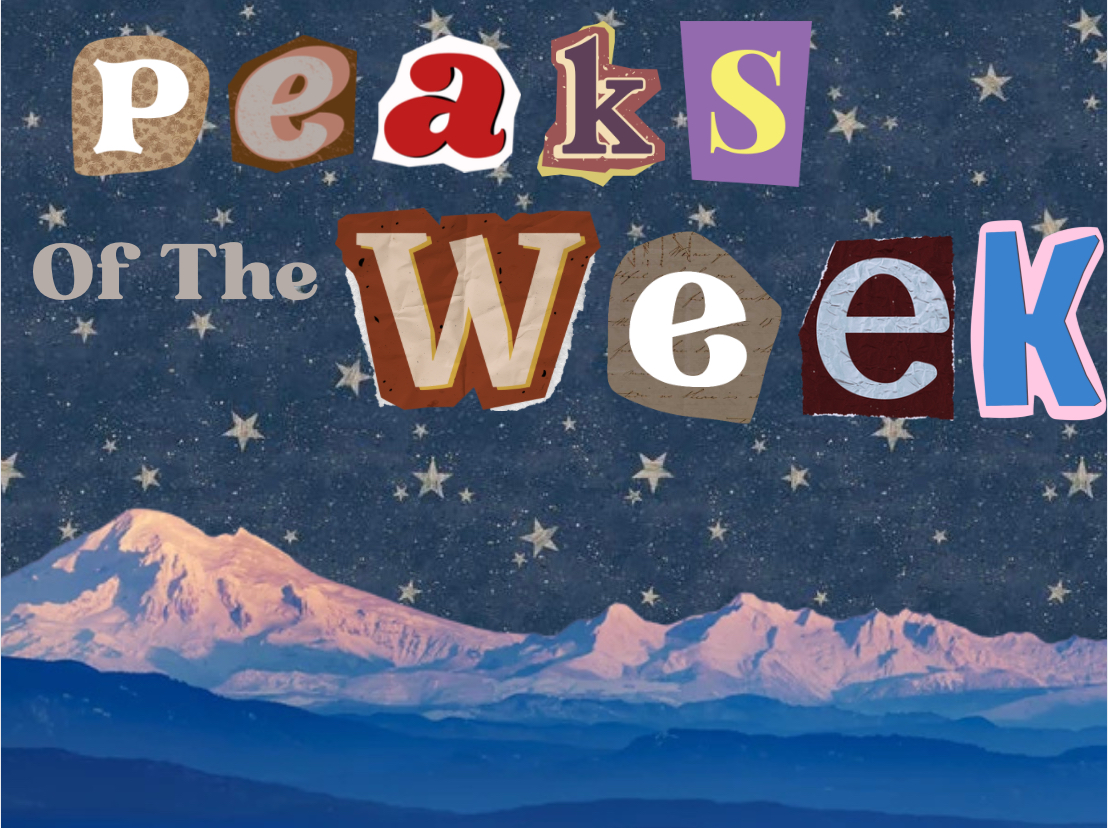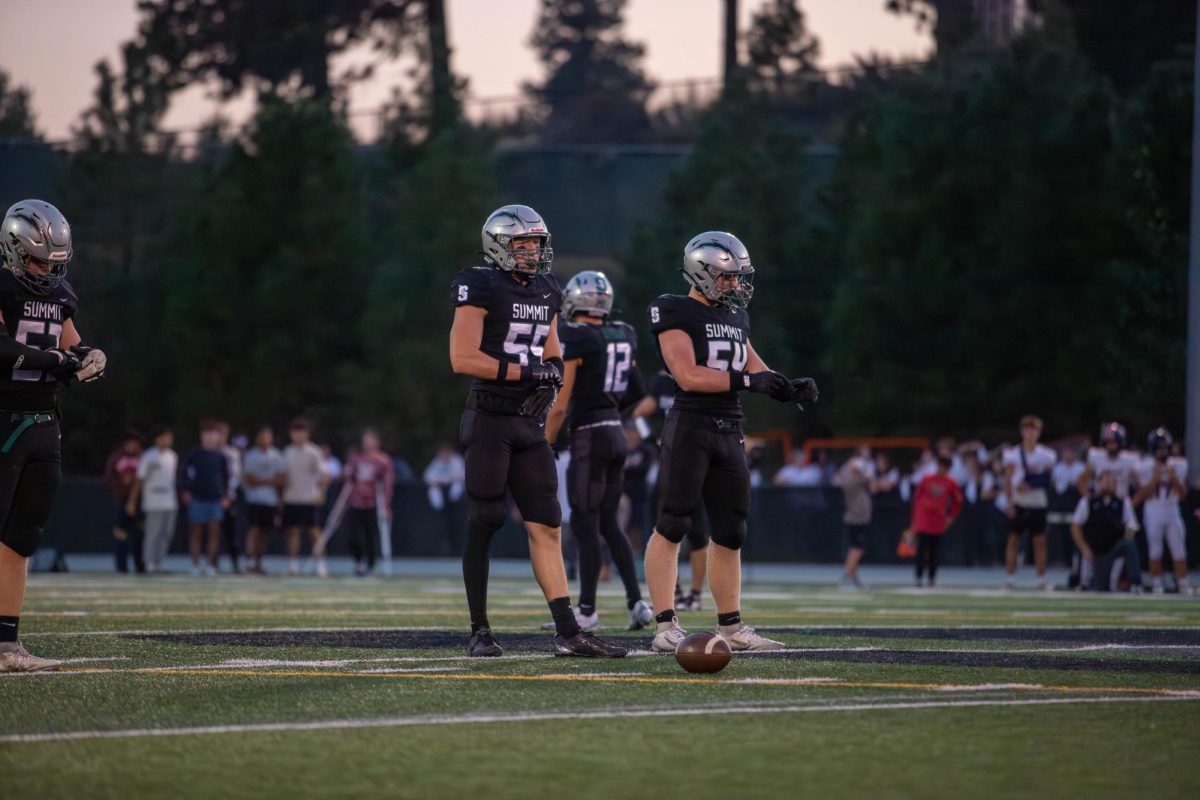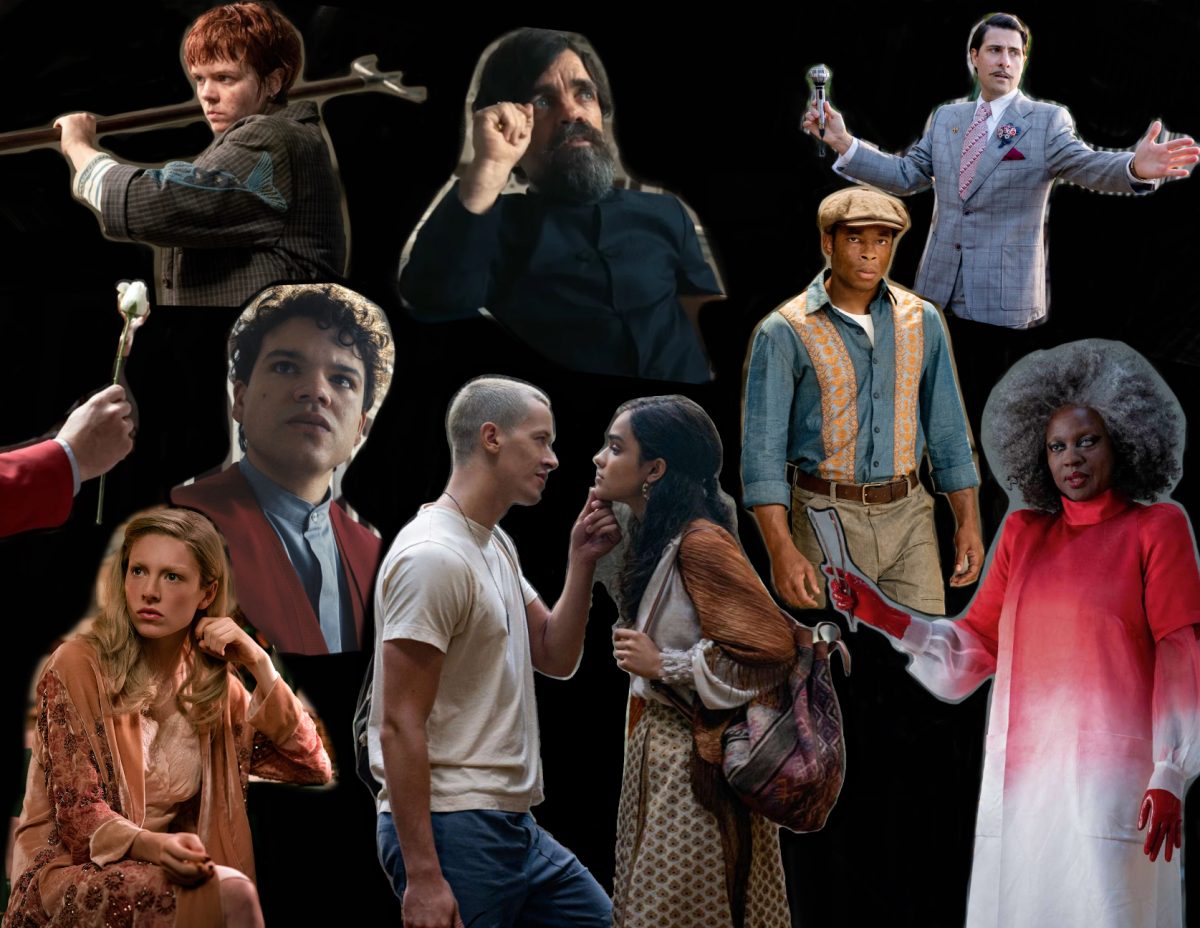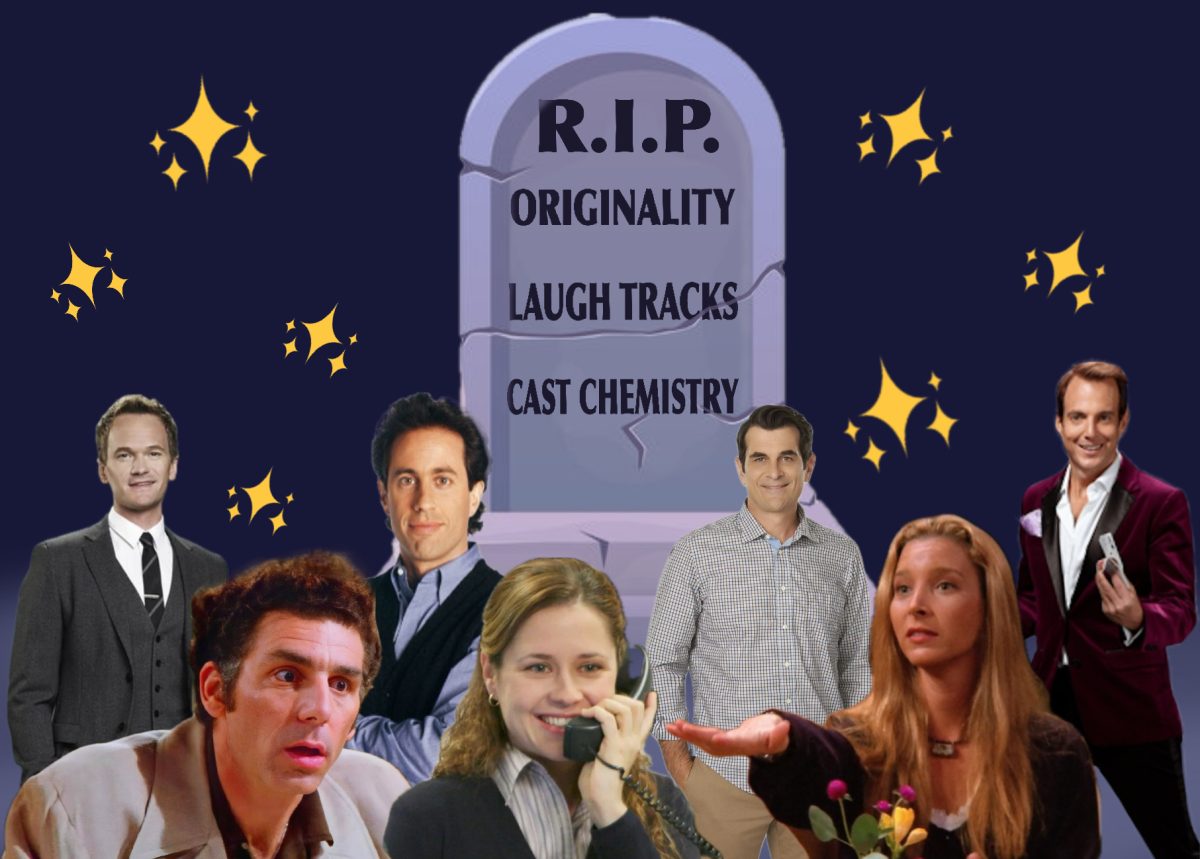“The Ballad of Songbirds and Snakes” is horrifyingly spectacular. Turning everyone’s number one enemy into “The Hunger Games” series latest heartthrob, viewers can’t help but root for Coriolanus Snow as his twisted mind unravels.
The movie hit theaters on Nov. 17, reviving many fans’ obsession with the dystopian fantasy of murders and madness. Returning director Francis Lawrence truly brought Suzanne Collins’ book to life in a futuristic set of modernist classical architecture, wardrobes of diverse styles and a well-selected cast of characters.
“We’re seeing the origin of the villain, the origin of the games, songs, certain behaviors, relationship dynamics, character names… Also, in terms of just world-building, because it was a period piece, I felt like I had this opportunity to build Panem in a way that we hadn’t seen before,” said Lawrence in an interview with Film Stories.
Taking place 64 years before the aftermath of the 74th Hunger Games, in which Katniss Everdeen (Jenniffer Lawerance) held out a handful of berries, sparking a rebellion, and making her President Snow’s biggest enemy, “The Ballad of Songbirds and Snakes” sends its audience back in time to learn about the president before his evident downfall.
At the start of the film we meet 18-year-old Coriolanus, played by Tom Blyth, a Juilliard graduate, semi-known for his roles in “Benediction” and “The Gilded Age.” Struggling in a post-war Panem to keep his family afloat, Coriolanus is determined to redeem himself. When he and other high-achieving academy students are chosen to mentor this year’s tributes for the tenth annual Hunger Games, it seems he’s run out of luck. Having been selected to mentor the District 12 female tribute, the stereotypically weakest of the litter, Snow is seemingly stuck at the bottom of the food chain.
However, viewers are in for a treat. As District 12 tribute, Lucy Gray Baird, played by Rachel Zegler, steps out of the crowd decorated in rainbow ruffles and resentment. Having been caught on the bad end of her ex-boyfriend’s jealous new girlfriend, she finds herself headed to literal hell. However, Lucy won’t be leaving without the last word—or note. As she stalks slowly towards the stage and begins a performance of her own.
When her singing fills the theater, some audiences can’t help but cringe. However, true fans are unable to stop the wave of unknown emotion and awe as it washes over them.
“I was kind of in shock ‘cause [the scene] was so good,” said Summit sophomore Eva Dicharry.
Zegler’s talent certainly did not go unrecognized in this film. Known for her leading role in the musical “Westside Story,” Zegler’s acting and singing skills truly brought Lucy to life. Not only did it give viewers a connection to the previous Hunger Games movies, but it also shared the culture within District 12. Which is lacking in the original trilogy, due to decades of the Capitals restrictions.
“The intention to keep Lucy authentic to the Appalachian culture was very important,” said music producer Dave Cobb in an article by Variety.
Because District 12 is canonically located in North Carolina and the Appalachian Mountains, the movie derives much of its language and musical inspiration from them. Creating a blue-grass and country-inspired atmosphere, which gifted singer Zegler was able to emulate.
“Dave’s music is like another character, filling in the gaps where dialogue does not do Lucy Gray justice,” Zegler said in the Variety article. “And there’s a rawness to the music that truly fits in District 12— solace in the midst of the pain and suffering in a post-war society.”
So a witty songstress works with an intelligent serpent, and an unlikely romance starts to blossom between the pair. As caged bird Lucy Gray Baird begins the most significant and perhaps deadly performance of her life, Snow cooks up his twisted plan to save Lucy from her demise.
The movie continues and viewers tag along with Snow as he transitions from the Capital to the unforgiving games, to the warped wilderness of District 12. And he only seems to unravel further and further from the boy seen at the beginning of the movie.
The prequel, “The Ballad of Songbirds and Snakes,” movie adaptation certainly live up to the book’s potential. While “The Hunger Games” fans were eager to get their hands on the novel after its release in May of 2020, many found it to be their least favorite read of the franchise. Since it essentially writes of the history of Panem, it is much more detail-oriented than action-focused, or in other words, tedious. Luckily, the movie did Collins’ book justice. With beautiful but blood-curdling cinematics and sceneries that brought the reader’s imaginations to life.
However, what the film was severely lacking in was Coriolanus’s warped inner dialogue, which fans would otherwise get from the book. This reason being why many people left the movie empathizing with the corrupt and at times psychotic Snow. In the novel, it’s clear that Coriolanus is only thinking of himself. He is constantly justifying his horrible actions, only making decisions to further his future, and is constantly thinking about money, power, and occasionally, the irresistible Lucy Gray Baird.
But, despite this, and a couple of plot holes that were skipped over in the film, the story’s characters are what truly allowed “The Ballad of Songbirds and Snakes” to come to life. With actors like Hunter Schaefer playing Tigris Snow, Coriolanus’s caring cousin and biggest supporter. As well as Viola Davis’s spooking performance as Dr. Volumnia Gaul (mad scientist and head game maker). Not to mention young Sophie Sanchez’s heart-shattering act as the District 8 tribute Wovey.
It is safe to say no matter what viewers’ connection to the franchise was before they watched the film, they left the movie wanting more. And wondering more. After a series of spiraling events, the movie wraps up with Coriolanus scouring the woods for fleeing Lucy Gray. Stumbling upon his own sanity’s destruction. As Lucy’s echoing chorus of “The Hanging Tree” fills the woods, her once smiling and caring boyfriend, Coriolanus Snow, points his shotgun skywards. Repeatedly screaming “Lucy Gray, are you trying to kill me?” whilst manically shooting down Mockingjays. Although, it’s clear to the viewer who the true victim is.
How could someone so caring, so committed, drop everyone relying on him so quickly? It’s an easy answer. Power. Coriolanus’s greed has been grumbling inside him since the beginning. Fueling his hazardous decisions and manipulative sayings. After all, this is the same Snow charged for the murders of decades of District children.
And while it’s easy to wish for the character at the beginning of the film to come back. On further examination, viewers will find this evil side of Coriolanus existed all along. After all, Snow’s rise to power is only the beginning of the end.
































